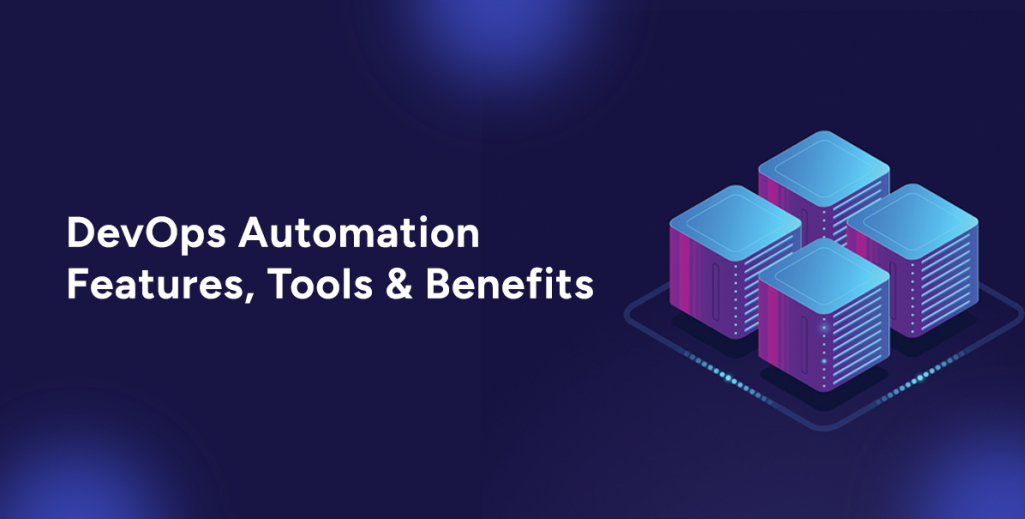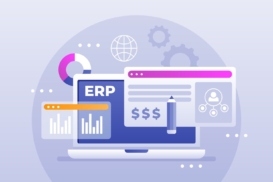Greetings! I'm Aneesh Sreedharan, CEO of 2Hats Logic Solutions. At 2Hats Logic Solutions, we are dedicated to providing technical expertise and resolving your concerns in the world of technology. Our blog page serves as a resource where we share insights and experiences, offering valuable perspectives on your queries.

What is DevOps Automation?
DevOps Automation is the art of coordinating and managing manual, time-consuming tasks within software development and infrastructure management into efficient, self-service processes. By combining tools and technologies, organizations can accelerate software delivery, enhance reliability, and empower teams to focus on innovation rather than mundane operations. It bridges human ingenuity and machine precision, driving business agility in today’s fast-paced digital world.
What DevOps Processes Can Be Automated?
DevOps automation encompasses a wide range of processes, including:
Infrastructure as Code (IaC) Automation
Automating the provisioning and management of infrastructure resources using code-based definitions.
Lets Brief: A DevOps engineer writes code (using tools like Terraform or Ansible) to define the desired server configuration. This code can be version-controlled, reviewed, and automatically deployed to create new servers or modify existing ones.
Continuous Integration (CI) Automation
Automatically building, testing, and integrating code changes into a shared repository.
Every time a developer pushes code changes, the CI system (like Jenkins) automatically builds the code, runs unit tests, and integrates the changes into a shared repository. This helps catch integration issues early.
Continuous Delivery (CD) Automation
Automating the deployment of applications to various environments, such as development, testing, and production.
After successful CI, the CD pipeline (using tools like Jenkins or GitLab) automatically packages the application, performs further testing, and deploys it to various environments (development, staging, and production). This ensures that the application is always ready for release.
Testing Automation
Automating test cases to ensure software quality and reliability.
Instead of manually executing test cases, test automation tools (like Selenium or JUnit) run tests repeatedly to verify application functionality. This speeds up testing and improves test coverage.
Deployment Automation
Automating the deployment of applications to different environments.
Deploying an application to different environments (e.g., development, testing, production) can be automated using tools like Ansible, Puppet, or Docker. This reduces manual errors and ensures consistent deployments.
Monitoring Automation
Automating the collection and analysis of system metrics to identify and resolve issues.
System performance and health metrics are automatically collected and analyzed using tools like Prometheus or Grafana. This enables early detection of issues and proactive problem-solving.
DevOps vs Automation: What’s the Difference?
While DevOps and automation are closely related, they are not synonymous. DevOps is a cultural shift that emphasizes collaboration and communication between development and operations teams. Automation is a set of tools and practices used to streamline DevOps processes. In essence, DevOps provides the framework, while automation is the engine that powers it.
Features of DevOps Automation
DevOps automation offers several key benefits, including:
- Enhanced Efficiency: Time and resources are saved when repetitive processes are automated.
- Improved Quality: Automation reduces human error and ensures consistent results.
- Faster Time to Market: Streamlined processes accelerate software delivery.
- Enhanced Collaboration: Automation fosters better communication between teams.
- Scalability: Automation enables organizations to handle increased workloads efficiently.
Popular DevOps Automation Tools
A variety of tools are available to support DevOps automation initiatives. Some of the most popular options include:
- Jenkins: A widely used open-source CI/CD tool.
- Ansible: An IT automation tool for provisioning and configuring systems.
- Puppet: A configuration management tool for managing infrastructure.
- Chef: A configuration management tool for automating infrastructure.
- Docker: A containerization platform for packaging and deploying applications.
- Kubernetes: An application container orchestration framework for application management.
What DevOps Tools Are Perfect for You?
Choosing the right DevOps tools can be a complex task. It’s easy to feel overwhelmed by the number of alternatives accessible. Each tool has its strengths and weaknesses, and finding the perfect fit for your project requires careful consideration.
Don’t worry, we’ve got you covered. Our in-house DevOps experts can help you navigate this complex landscape. We’ll carefully assess your project’s specific needs and recommend the best tools to streamline your workflow. Our aim is to assist you in becoming as productive and efficient as possible.
How 2Hats Logic Can Help You
DevOps Automation can feel like a big puzzle with lots of pieces. At 2Hats Logic, we can help you put those pieces together. Our team of DevOps experts has seen it all and can guide you through the process.
We’ll work with you to understand your goals and challenges, then recommend the best tools and strategies to reach your targets. We’re not just about picking tools; we’re about building a strong DevOps foundation for your business.
Let us be your partners in DevOps success. We’ll help you streamline your workflows, improve efficiency, and deliver better software faster.

Related Articles







